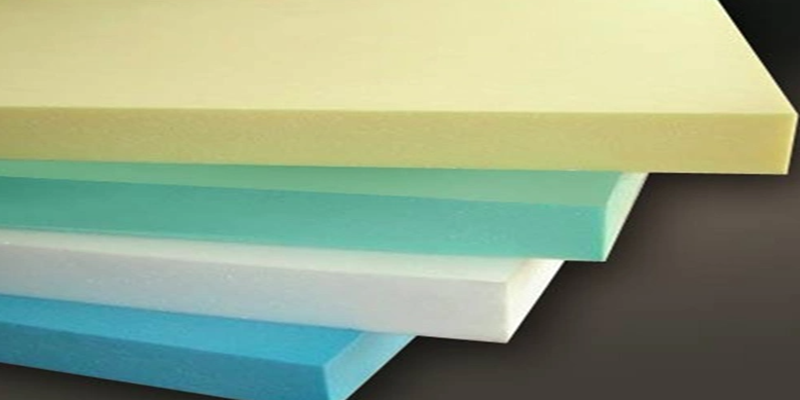MXC-70, CAS NO.: 1739-84-0, is a low-odor amine catalyst designed to improve the curing properties of both soft and rigid polyurethane foams, particularly those with high water content. As a tertiary amine, MXC-70 is widely used in polyurethane foam applications, offering several key advantages that make it a preferred choice for manufacturers seeking high-performance foam products.
Key Benefits of MXC-70 in Polyurethane Foam
1. Low Odor Profile: One of the standout features of MXC-70 is its low odor, making it ideal for applications where minimizing chemical smells is essential. This is particularly beneficial in residential and commercial settings where polyurethane foams are used in insulation, bedding, and furniture.
2. Promotes Carbamate and Urea Reactions: As an equilibrium catalyst, MXC-70 plays a crucial role in balancing carbamate and urea reactions within polyurethane foam formulations. This balance results in foams with improved physical properties, such as enhanced strength, flexibility, and water resistance. These attributes are essential for both soft and rigid foams, ensuring long-lasting performance across a wide range of applications.
3. High Efficiency: MXC-70 is an efficient catalyst, meaning that smaller amounts are required to achieve the desired foam characteristics compared to other catalysts. This not only reduces production costs but also minimizes the environmental impact of the manufacturing process. By using less catalyst, manufacturers can produce high-quality foams while maintaining sustainability.
4. Wide Processing Range: One of the most valuable features of MXC-70 is its versatility. It is compatible with a variety of polyurethane systems, making it suitable for a broad range of applications, from soft block foam to spray foam. This wide processing range allows manufacturers to use MXC-70 in different foam formulations, whether they require low-density, flexible foams or rigid, high-density insulation materials.
Applications in Soft and Rigid Foams
MXC-70 is particularly effective in polyurethane systems with high water content, helping to improve the adhesion of foams to substrates. This property is critical in applications such as spray foam insulation, where strong adhesion ensures better insulation performance and durability.
In soft foam applications, MXC-70 enhances the flexibility and resilience of the foam, making it suitable for products like mattresses, cushions, and upholstered furniture. Meanwhile, in rigid foams, MXC-70 contributes to improved structural integrity and water resistance, making it ideal for insulation panels, roofing, and other building materials.
Conclusion
Polyurethane catalyst MXC-70 offers manufacturers a powerful combination of low odor, high efficiency, and versatility. Its ability to promote balanced chemical reactions, while delivering excellent physical properties in both soft and rigid foams, makes it an indispensable catalyst for a wide range of polyurethane foam applications.
Post time: Sep-19-2024

